Summary
- Childhood dreams shine brightly despite the darkness of the Cabrini-Green housing projects in
We Grown Now
. - Minhal Baig beautifully showcases the poetry of childhood despite racial and economic realities in Chicago.
- The film can feel a little preachy and melodramatic, but it’s nonetheless an honest and deeply poignant portrayal of young boys navigating tumultuous times.
A pair of inquisitive Black boys struggle with life’s inevitable changes in 1992 Chicago’s impoverished and crime-ridden Cabrini-Green housing projects in We Grown Now. The film tugs at heartstrings as a poetic and beautifully told coming-of-age story unfolds. Acclaimed filmmaker Minhal Baiguses symbolic fantasy elements to depict an upbringing rarely portrayed with such honesty. Children are much more than a product of their physical environment. They are shaped by multiple factors that open young minds to adult hardships. The loss of innocence can be devastating, but a strong foundation ensures the fortitude to cope and carry on with maturity.
10-year-old besties Malik (Blake Cameron James) and Eric (Gian Knight Ramirez) lug an old mattress from a vacant apartment in their dilapidated building. They discuss Michael Jordan’s greatness en route. The boys are smart enough not to use the elevator. Other children watch with envy as they reach their playground destination. The bed is unceremoniously tossed into a pile. The fun begins in earnest. They take turns leaping through the air and landing gleefully with a thud.
Malik trudges home to his apartment with a few bumps and bruises. His single mother, Dolores (Jurnee Smollett), knows that he’s been “jumping.” They share a cramped two bedrooms with Malik’s younger sister and grandmother (S. Epatha Merkerson). Malik isn’t happy eating the same dinner as last night, making a comment that wounds Dolores after a hard day at work. Meanwhile, at Eric’s house, his widowed father (Lil Rel Howery) asks him to count money for their bills. He constantly prods his son to be smarter and more capable. Eric’s older sister (Avery Holliday) begs her father to stop criticizing him.
A Hard Life in the Windy City
3.5/5
Release Date April 26, 2024
Director Minhal Baig
Cast Matthew Campbell , Giovani Chambers , David Folsom , Avery Holliday , Lil Rel Howery
Runtime 93 Minutes
Writers Minhal Baig
Studio(s) Participant , Symbolic Exchange
Distributor(s) Sony Pictures Classics
Pros
- A beautifully poetic rumination on childhood and the importance of dreaming.
- A raw and honest look at poverty and race in Chicago.
- Great performances throughout, especially the two young actors at the center.
Cons
- The film can be a bit preachy and melodramatic like an after school special.
Slug (Giovani Chambers) joins Malik and Eric as they walk to school the following morning. Everyone has a crush on the pretty teacher (Ora Jones). School takes a sobering turn when police sirens are heard outside. A fellow student has been accidentally killed in a drive-by shooting. The boys remain stoic as the horrible news has become commonplace. Later that night, Malik has trouble sleeping between the constantly dripping pipes and a hushed living room conversation. Dolores fears for her children’s safety, but where can they go? She can barely support four people by herself.
We Grown Now does not paint Cabrini-Green’s residents with a stereotypical brush. Baig, acclaimed for her films 1 Night, Hala, and scripts for BoJack Horseman, gives historical context to how the mammoth government housing complex became a Black majority after World War II. Malik’s grandmother explains her family’s exodus from the racist South to find safety and economic prosperity in the Windy City. Their hopes for upward mobility came to a crashing halt. They had escaped Jim Crow’s segregation to experience closed doors and new hostilities. Subservience was still the only path to survival.
Related: The Importance of Black Joy in Film, Explained
Malik and Eric become keenly aware of racial and economic disparities. Their wanderings through Chicago reinforce a dawning realization of perceived status. They see train murals of Blacks as laborers, maids, and cooks for tony, well-dressed white socialites. A worse dehumanization occurs when they return home to harsh police searches and forced identification. They are considered threats and viewed with suspicion despite their age. The boys learn a cruel but valuable lesson.
The Ability to Dream Lifts the Film from Depression
We Grown Now doesn’t simmer in negativity. Baig does a superb job of showing the children’s limitless imagination. Their dreams are boundless despite grim surroundings. Scenes of the boys staring at the ceiling as if floating in space will make you soar. They still have the ability to dream. Baig contrasts their sense of hope with a commensurate loss in the adult characters. Dolores must again find her inner spark to help light the way for her son. She nurtures optimism while courageously charting a path forward. Dolores cannot allow herself to be overcome by the gravity of their situation.
Related Most Underrated Coming of Age Movies From The Way Way Back to Waves, these are some of the most heartfelt and underrated coming of age movies everyone needs to see.
Baig’s ethereal approach continues with her rousing choice of music. Composer Jay Wadley’s playful violin score adds a delicate, upbeat touch to the boys’ adventures. They are not hardened instruments incapable of joy. Malik and Eric have a unique perspective that’s in danger of being spoiled. The children are butterflies emerging from a cocoon. They must remain beautiful and be pointed in a direction to prosper. Baig doesn’t want them mischaracterized by an aggressive soundtrack commonly heard in films with an inner city setting.
A Tad Too Preachy but Nonetheless Poignant
Sony Pictures Classics
We Grown Now admittedly treads near ‘after school special’ territory. A melodramatic and preachy tone lingers but, thankfully, doesn’t dominate the narrative. Malik and Eric have a candid discourse about the serious events taking place around them. Will a murdered child automatically get into heaven? Does God even exist? Are we still best friends if separated? These heady questions reflect the bumps on that rocky road to adulthood. It’s a difficult journey made easier by the proper guidance of loving family and friends.
We Grown Now is a production of Participant, Symbolic Exchange, and Stage 6 Films. It is currently in limited theatrical release from Sony Pictures Classics. You can watch the trailer below.
You can view the original article HERE.





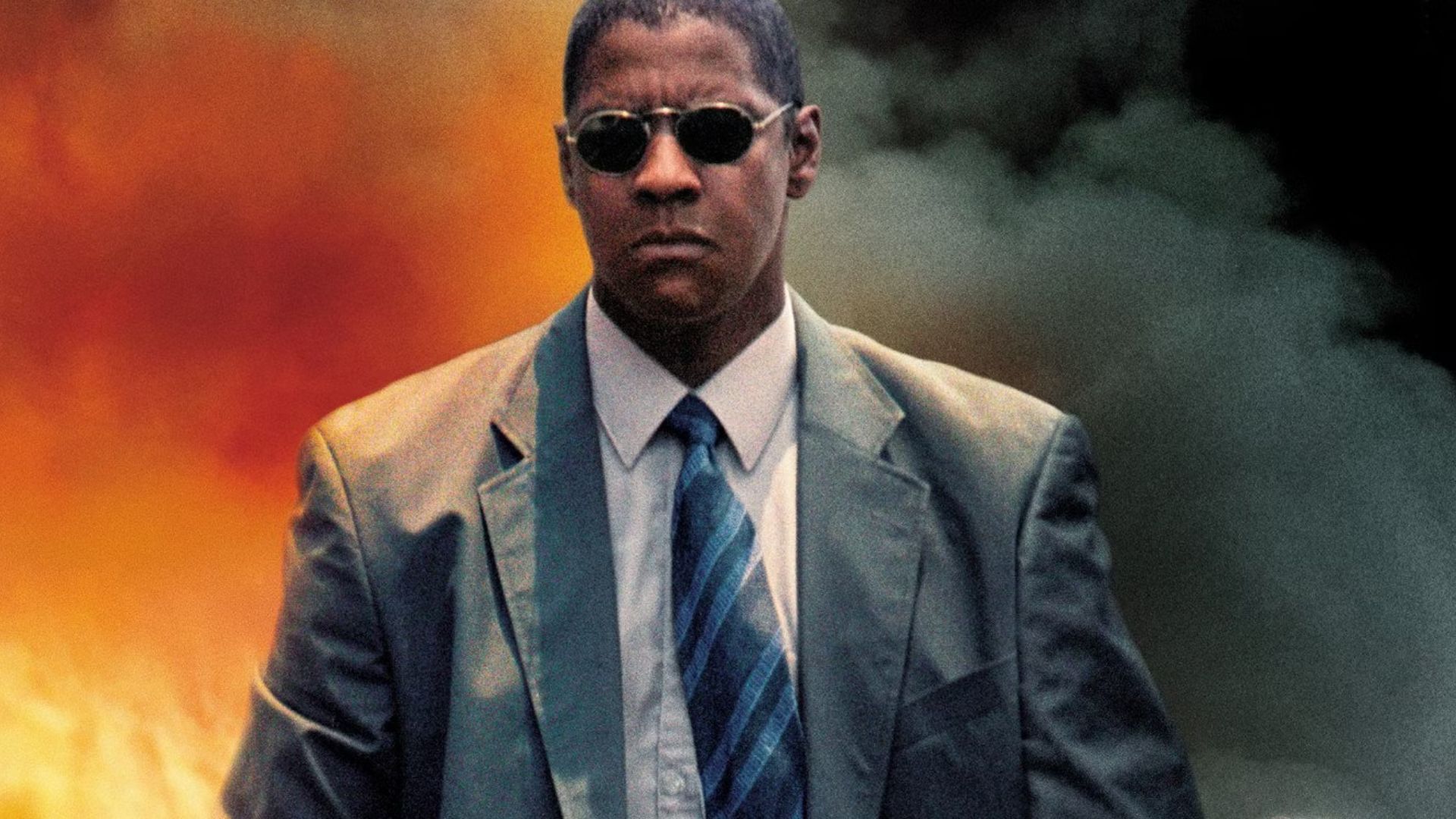
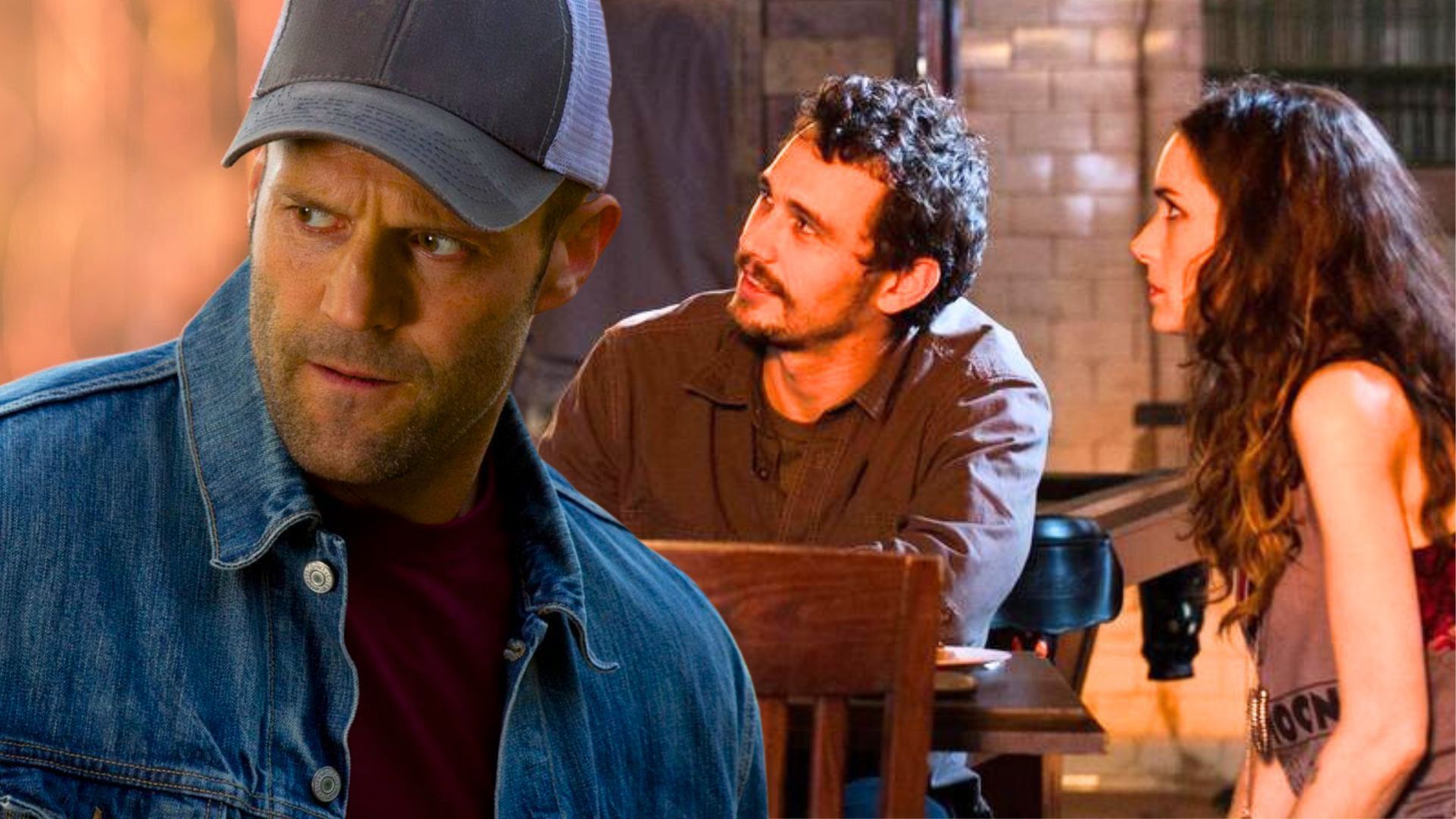

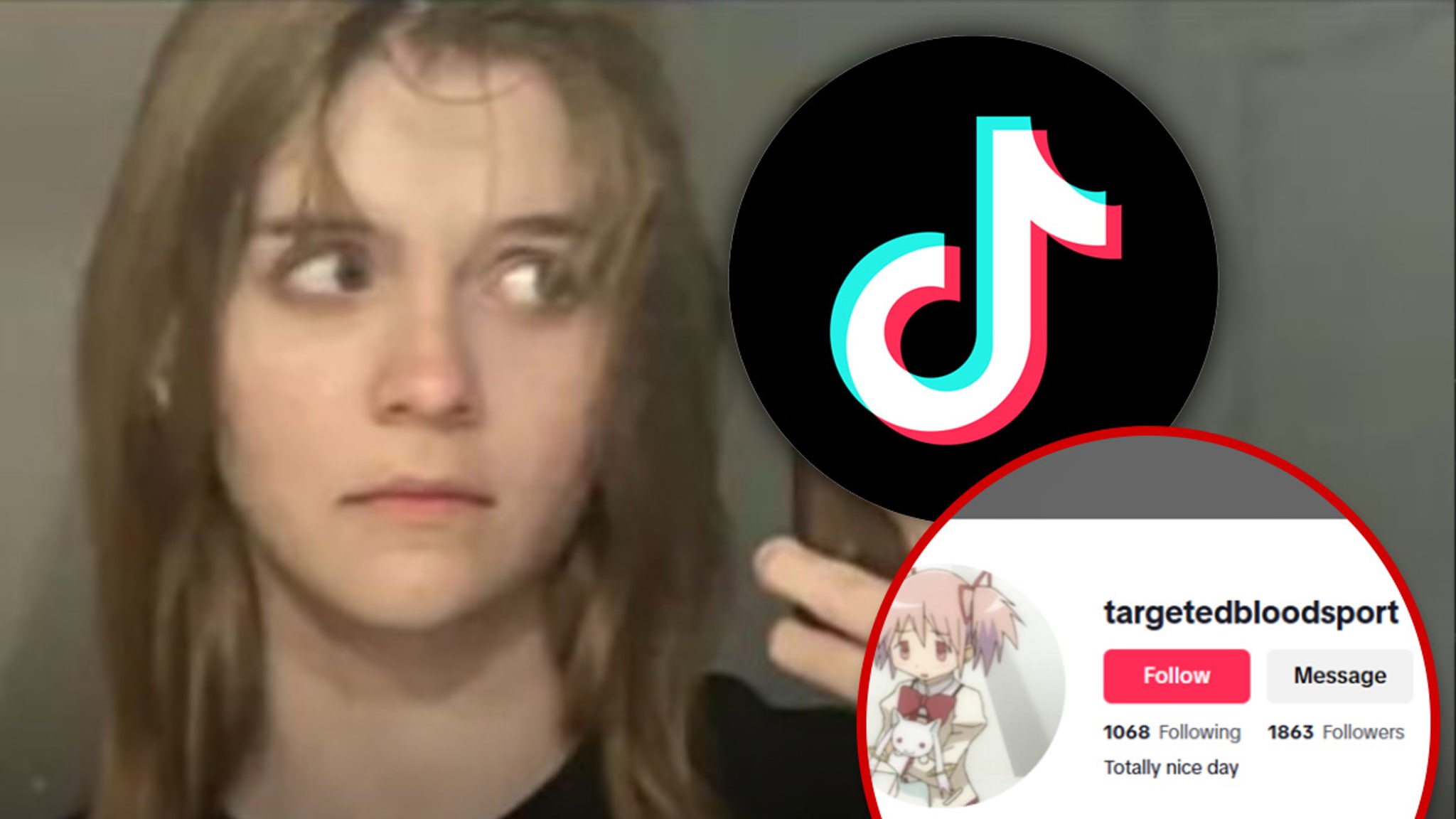
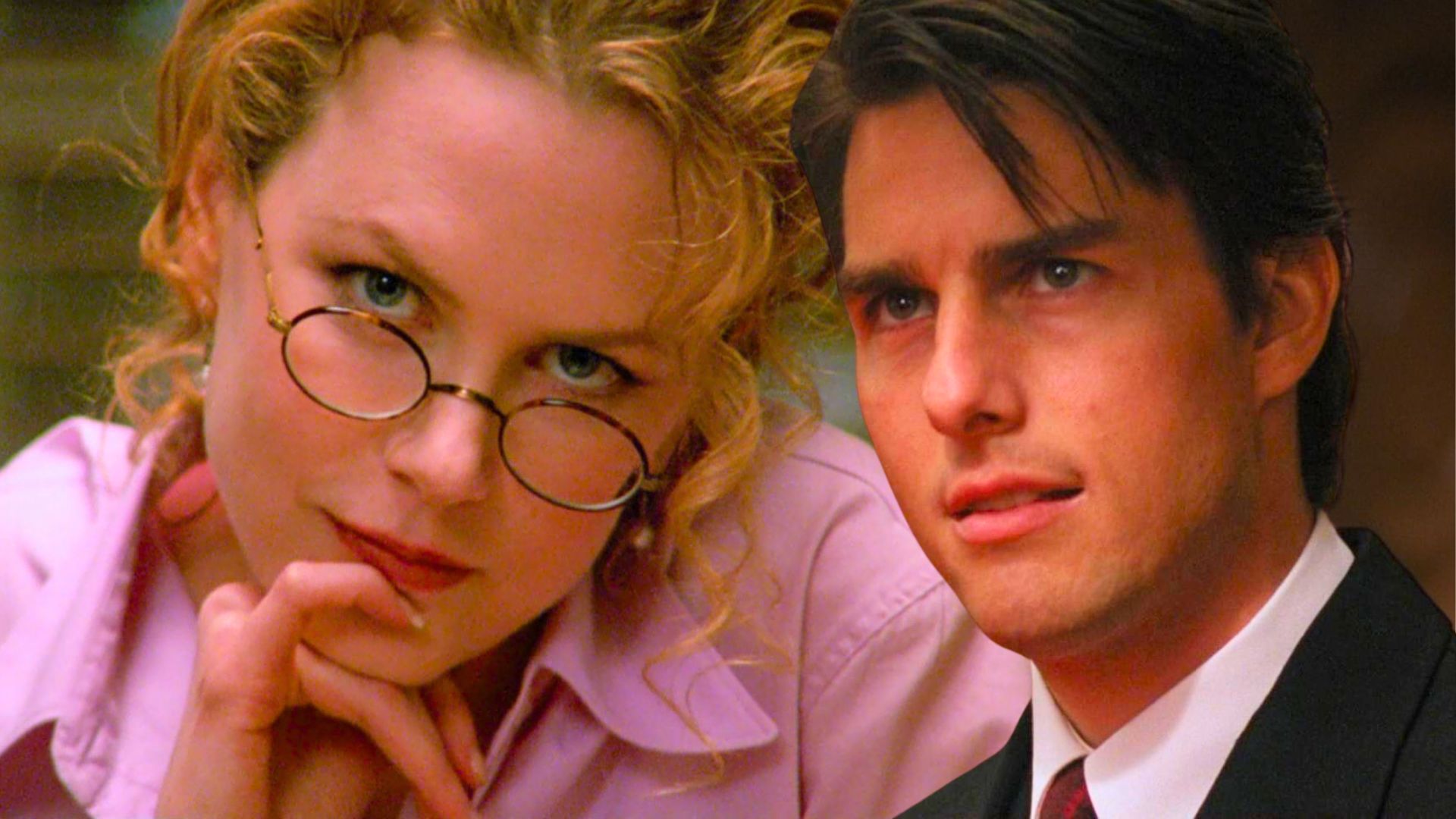
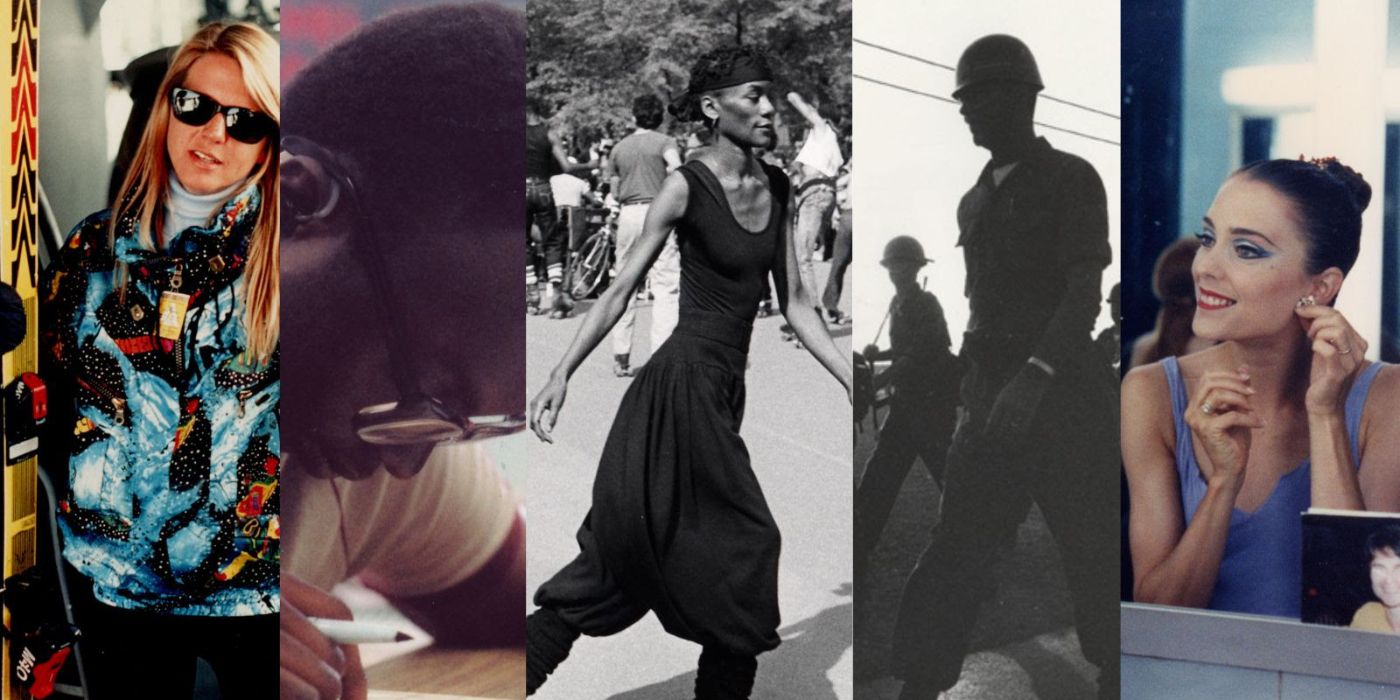

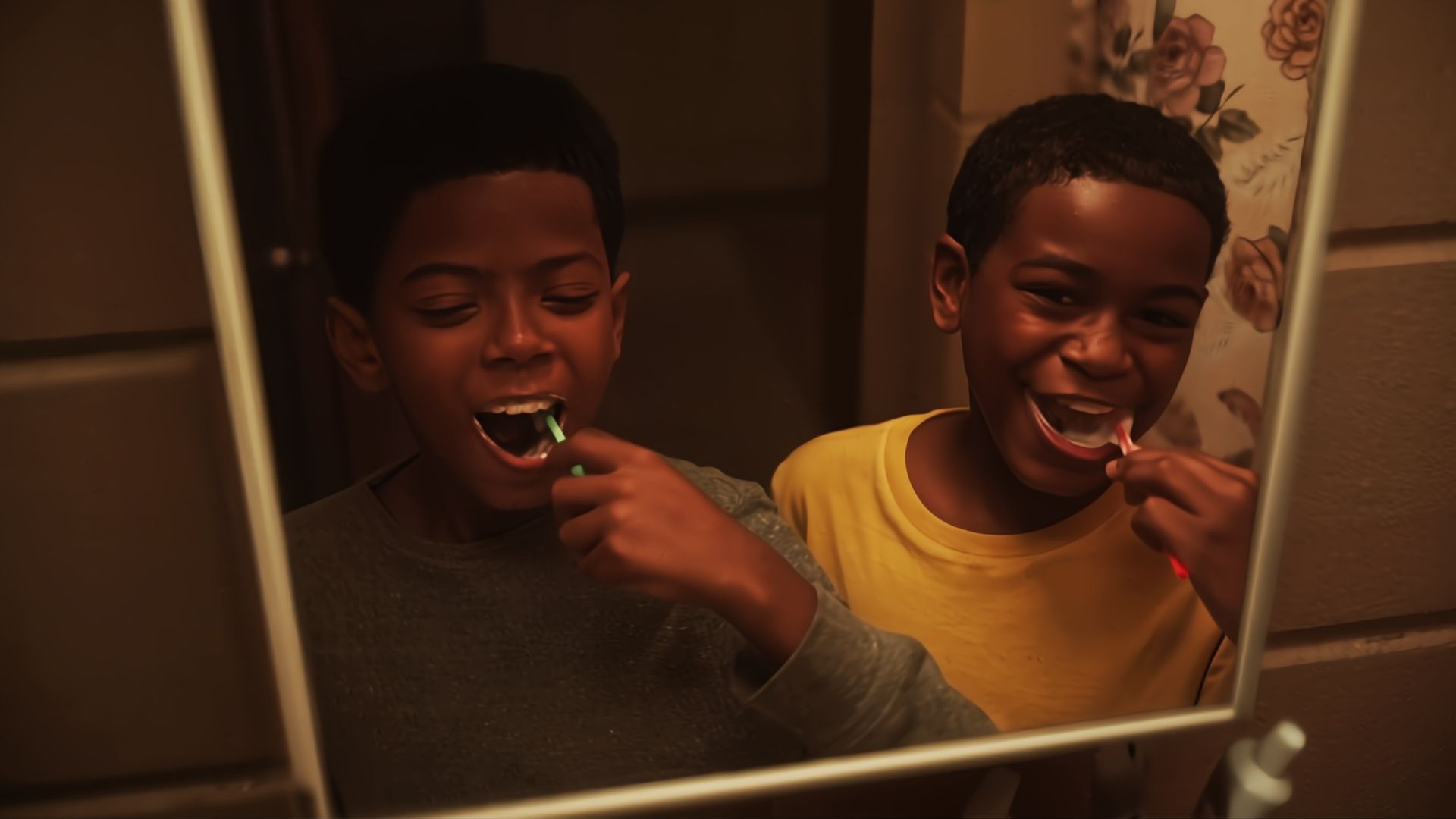


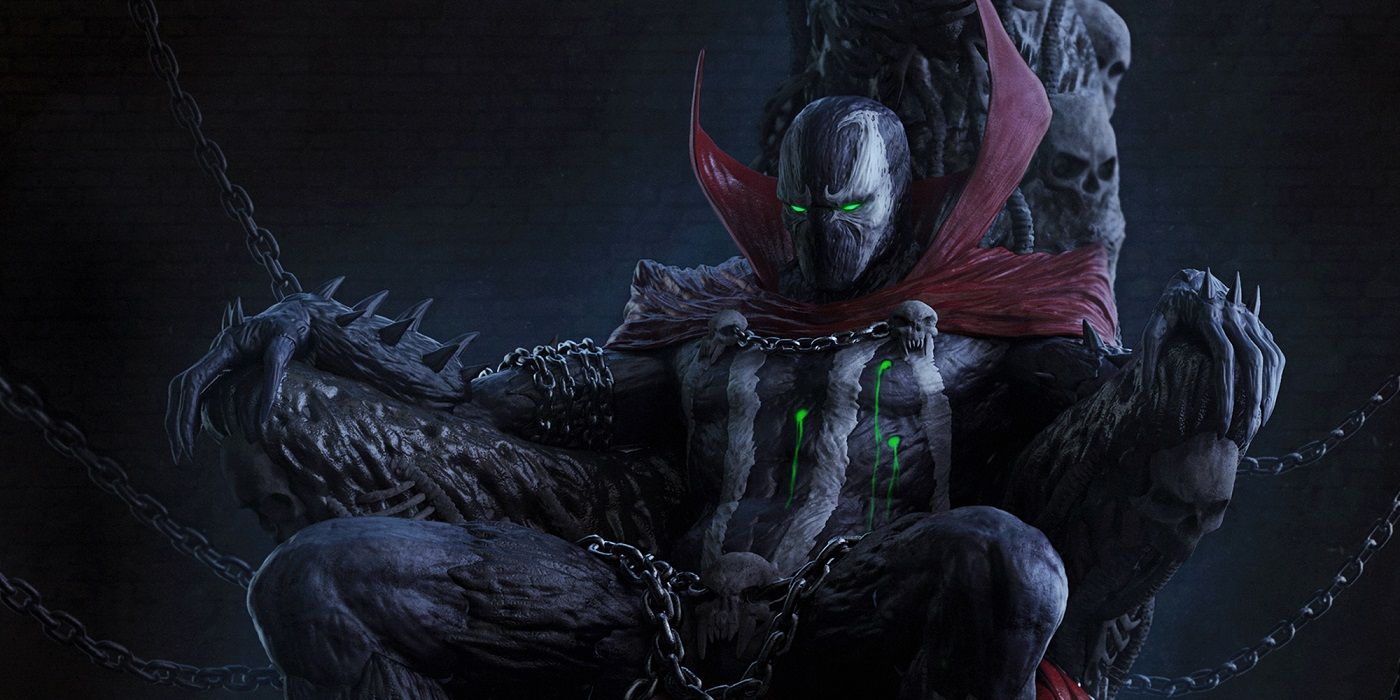
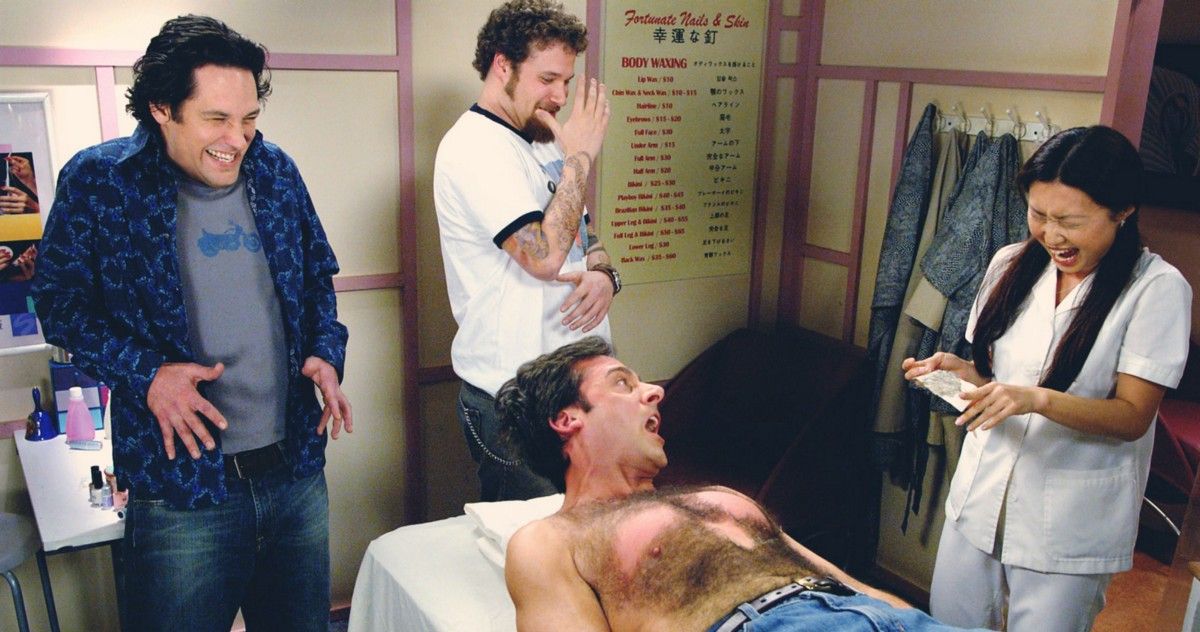

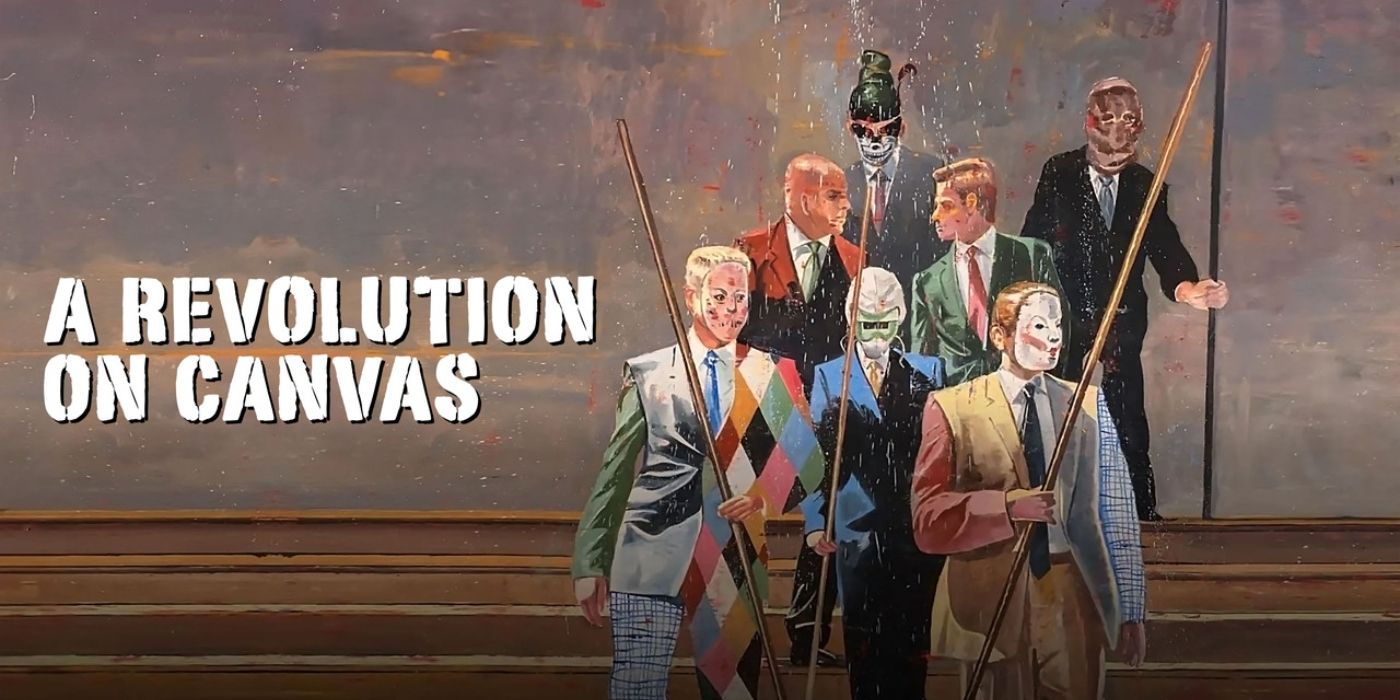








:quality(85):upscale()/2024/12/20/830/n/1922564/5c67fdcd6765bdc5795da2.94470909_.jpg)


